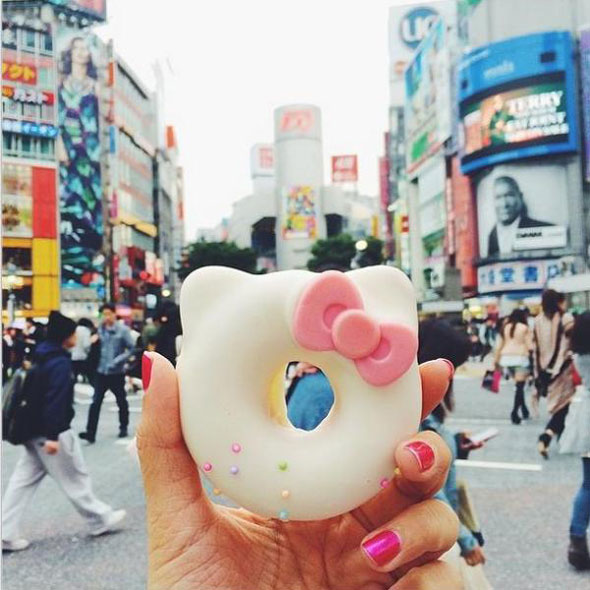You’re probably already aware that a large amount of independently-run donut shops in California are Cambodian-owned. What you may not know is that the donut shop industry is an integral part of the Cambodian immigration story.
In honor of National Donut day, we decided to look into the history of hardworking, Cambodian donut shop owners:
1) Finding a donut in Cambodia is harder than you think
There may be donuts if you look hard enough, but if you thought you’d find streets lined with donut shops in Cambodia, you’re in for a let-down. While donuts are a large part of the Cambodian-American culture, many can tell you that this is purely an American tradition. Allegedly, there is only one donut shop in all of Phnom Penh, Cambodia.
2) It all began with a man named Ted Ngoy
Ted Ngoy, also known as the “Doughnut King”, was the beginning of the stereotypical association between the Cambodian-America culture and donut shops. He arrived in the U.S. in 1975 in poverty with his family. He became the first Indo-Chinese immigrant to become accepted in the Winchell’s Donuts manager’s training program with no background in business or donut making. A year after his immigration to California, Ngoy had already bought his first donut shop, ‘Christy’s’. He owned 20 Christy’s Donut Shops by 1980.
Throughout the 1980’s, Ngoy began sponsoring visas for many Cambodians who had fled the chaos in Cambodia. With this, some even got jobs at his donut shops and moved on to open their own locations. From then on, his legacy continues.
3) “The American Dream”
“Ngoy is the one who found a way for Cambodian immigrants to become part of the American dream of owning their own business,” said Dennis Wong of the Asian Business Association. “Taking a loan from an Asian loaning society, Ngoy was able to buy two stores, operate them for awhile, and then sell to someone in the community or a family member who wanted to buy them. That’s how they got into it.”
4) Running a donut shop is hard work.
You’ll often hear about these donut shops having only a few workers in order to save money. Many of the workers are actually family members who must find time within their day to help the family business. As a result, many owners work long and tiring hours to make sure their shop is functional. Additionally, many donut shop owners have voiced that the long hours have made it difficult to assimilate into society.
5) They have thrived
An estimated 80% of donut shops in the Los Angeles area are owned by Cambodian Americans. In Houston, Texas, the percentage is an even larger 90%.
6) A day in the life:














